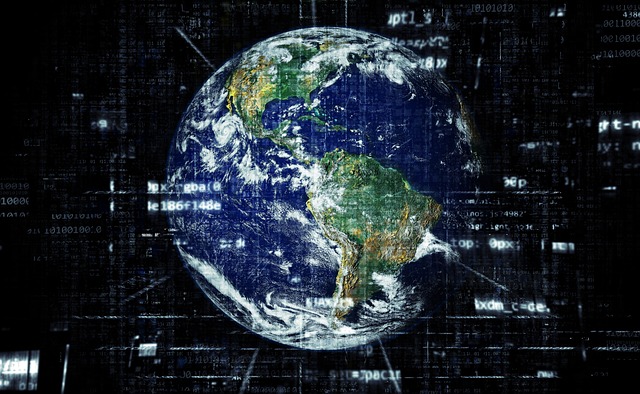The virtual world we inhabit today is vastly different from that of a decade ago. Social media platforms have transformed how we communicate, interact, and even perceive ourselves and others. While these platforms offer connectivity like never before, they also harbor the unseen menace of addiction, keeping users tethered to their screens and engaged in an unrelenting cycle of notifications and updates.
As we delve into the virtual world, we cannot ignore the profound impact social media has on our daily lives. We wake up and scroll through our feeds; it has become the first activity of our day, even before a cup of coffee or breakfast. This habitual behavior can lead to a warped sense of reality, where the carefully curated lives of others become the benchmark against which we measure our own worth and happiness.
Social media addiction shrouds us in a false sense of social engagement. While we might feel connected to friends and family through likes and comments, the deeper human interactions—those spontaneous conversations, shared laughs, and genuine connections—often take a backseat. In this virtual world, superficial friendships can quickly substitute for authentic relationships, leaving many feeling isolated in a crowded digital landscape.
The impact of social media extends beyond individual well-being; it affects mental health on a broader scale. Numerous studies link excessive social media use to anxiety, depression, and even low self-esteem. The constant comparison with the seemingly perfect lives of others can create a detrimental cycle where we seek validation through likes and followers, reinforcing our addiction to the platforms.
Moreover, the virtual world often encourages a skewed perception of success and identity. We’re bombarded with images of success, beauty, and happiness that can feel unattainable. This sensationalized content plays on our insecurities, driving many down the rabbit hole of self-doubt and obsession with online personas.
Recognizing social media addiction is the first step toward reclaiming our time and mental health. Digital detoxes, setting boundaries for social media use, and practicing mindfulness can help mitigate the overwhelming urge to constantly check notifications. By prioritizing the tangible world over the virtual world, we can rebuild connections that are meaningful and fulfilling.
As we navigate through this labyrinthine virtual world, it’s essential to stay aware of our usage and its impact. Social media can be a tool for empowerment and connection, but when left unchecked, it can morph into a trap that ensnares us, draining our productivity and happiness. It becomes imperative to strike a balanced approach that honors our need for connection without losing sight of the reality that lies outside our screens.
In the end, the challenge lies not in escaping the virtual world, but in interacting with it mindfully—and in moderation. By nurturing genuine relationships and experiences beyond our screens, we can begin to break the chains of addiction and cultivate a healthier relationship with the digital landscape we live in.



